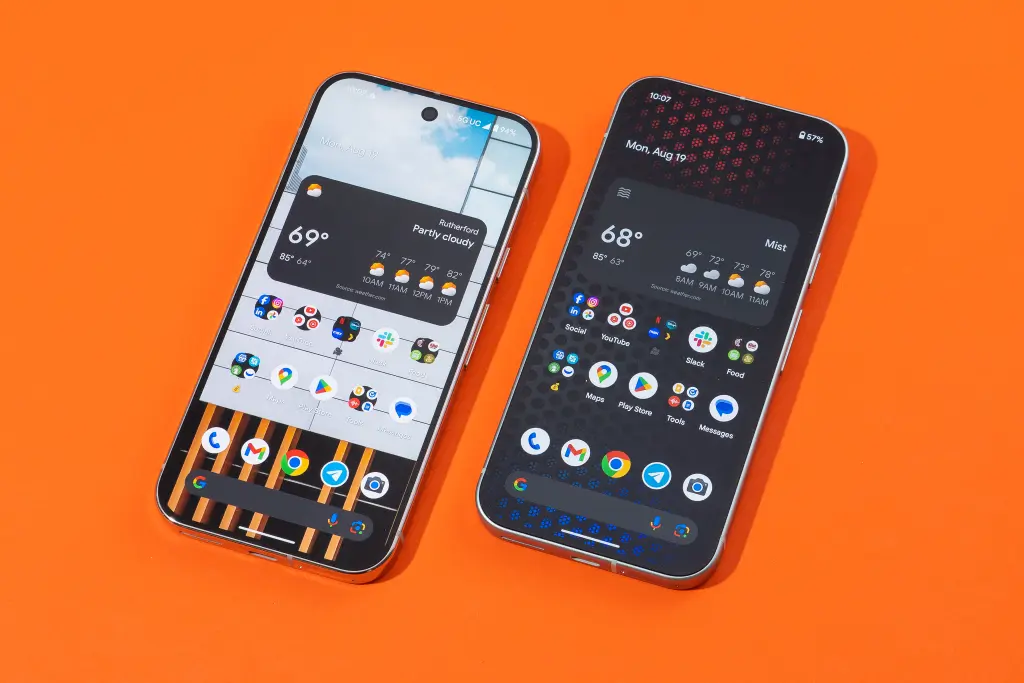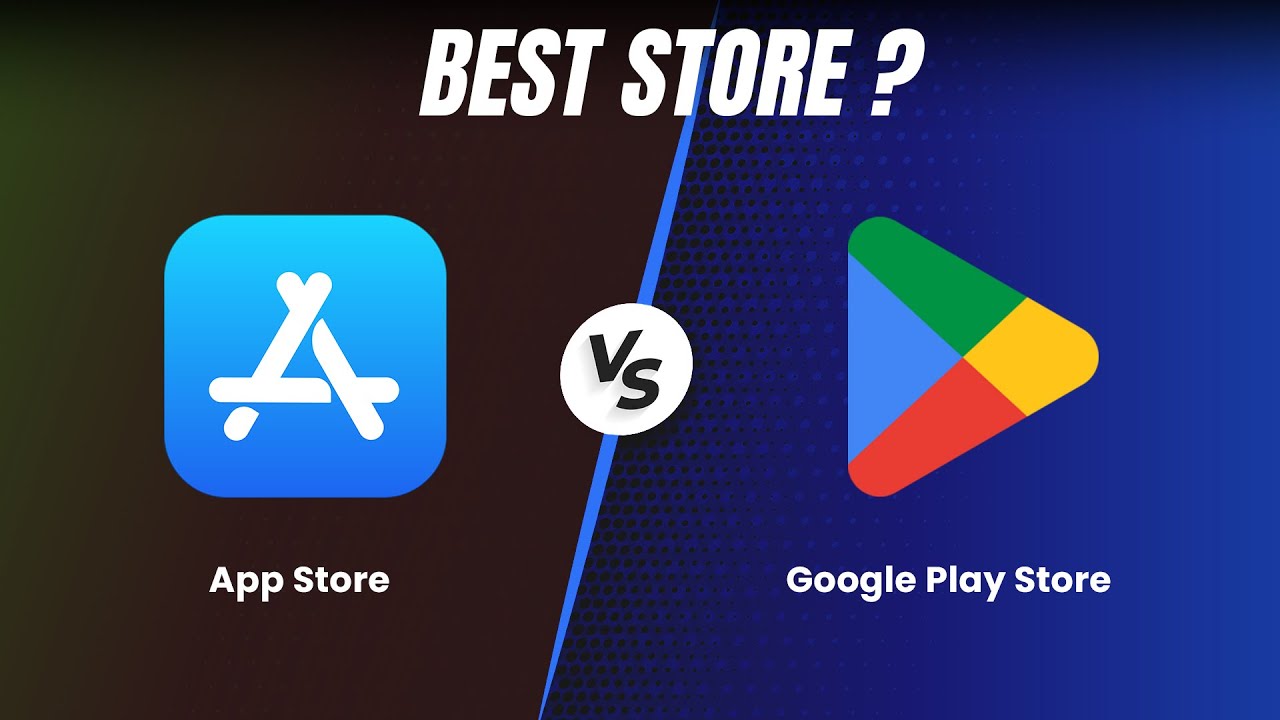Overview
There has always been a tight competition between the two titans of the constantly changing smartphone market: Apple vs. Android. We will examine the advantages and disadvantages of the iPhone and Android in this last conflict, contrasting their app ecosystems, performance, and other aspects. This thorough research will assist you in sorting through the vast array of choices and coming to a well-informed conclusion. So, hold on tight and prepare to see the titans collide as we examine the last conflict between Android and iPhone and find out which operating system wins the smartphone market.

Apple’s Design Brilliance and iOS Ecosystem: A Winning Combination
With its continued production of sleek and sophisticated gadgets, Apple has long been a leader in design. Advanced components such as ceramic display glass and high-quality metals are used in the manufacture of iPhones. However, the iPhone has a refined feel that most Android smartphones can’t match due to its basic design and innovative craftsmanship.

Apple’s iOS is known for its sleek look, user-friendly interface, and seamless compatibility with other Apple products. iOS devices are preferred by customers who value the advanced user experience and tight ecosystem integration due to the App Store’s recently curated selection of excellent apps. Apple’s focus on security and privacy makes it more attractive to customers who value their privacy.
Power, Choice, and Customization: What Android Brings to the Table
In contrast, Android, an open-source platform created by Google, is known for its flexibility, customization options, and wide range of device compatibility. Android smartphones are available in a variety of price ranges, appealing to both tech enthusiasts and budget-conscious customers. Numerous apps and games are available on the Google Play Store, and developers have more freedom to create and modify their products.

Both Android smartphones and iPhones are powerful in terms of raw performance. Thanks to their carefully optimized integration of hardware and software, iPhones are designed to deliver smooth and fluid experiences. With a wide range of manufacturers, Android devices offer a range of performance options, from budget to advanced features.
Apple App Store vs Google Play Store: Which Offers the Better App Experience?
Only top-notch apps are made available for download thanks to the rigorous review process that the Apple App Store is renowned for. Because of this, the App Store is known for providing high-quality, malware-free, and well-designed apps.

However, there are more apps accessible for download via the Google Play market, the app market for Android smartphones. However, there is a greater likelihood of running into fraudulent or subpar Android applications because of the platform’s openness.

